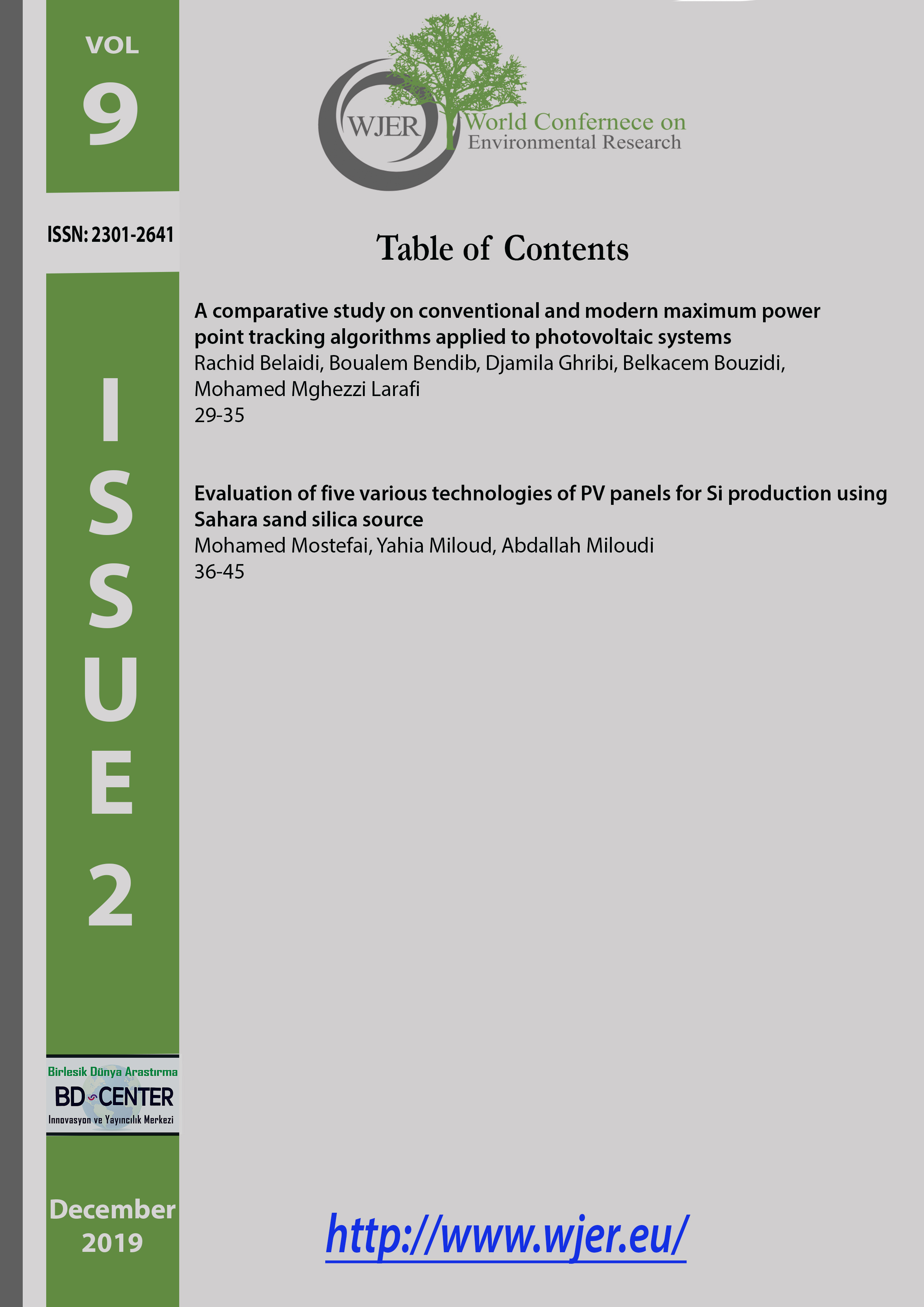
World Journal of Environmental Research
Yazarlar: Z. Esimsiitova, Zh. Bazarbayeva, K. Seitbayev, O. Reshetova
Konular:-
Anahtar Kelimeler:Ecological situation,Biochemical composition,Filtration,Diversity.
Özet: Currently, the ecological situation of the Bilikol lake is considered as serious, despite of the fact that the direct industrial discharge does not waste the water of the lake from the nearby businesses, the overall index of water pollution in the Bilikol lake ranges from 3 to 7, which is considered as a moderate to severe level of pollution. The main pollutants of water resources of the lake are: agricultural runoff of irrigated areas, domestic sewage of the city of Taraz, the groundwater flow from the storage of chemical plants and filtration fields of urban water utilities. In addition, in the early 80's there was a direct contamination of the Bilikol lake water by discharges of the "Kazfosfor" factory. Human pressure on the lake has led to significant changes in the biochemical and mineral composition of the water, reduction of dissolved oxygen in the water, which was the cause of the deterioration of the zooplankton, zoobenthos, a sharp reduction in the species diversity of fish fauna of the lake.